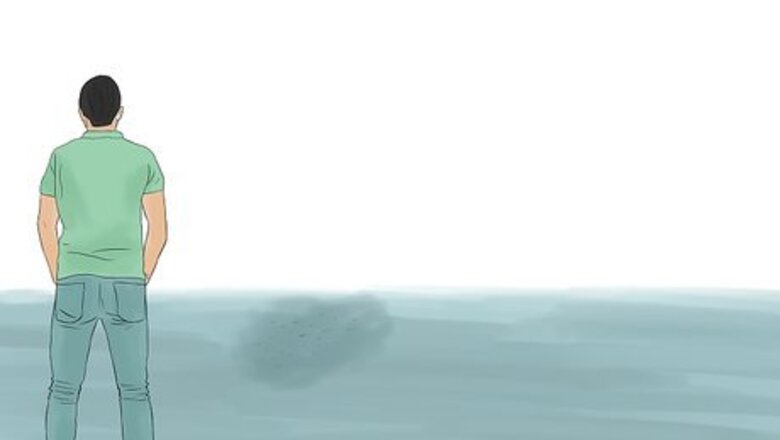
views
Fish From the Beach or a Pier
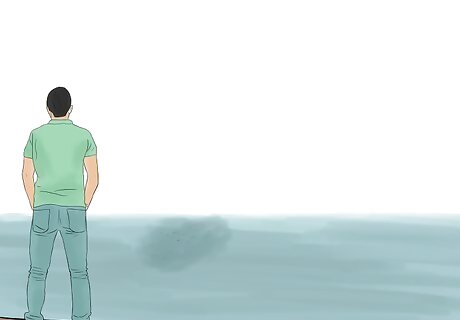
Find pompano schools on the far side of wave breaks and sand bars. The fish wait for sand fleas, also called mole crabs, and other small crustaceans to be washed off the beach and carried to them by the wave action. This puts them in easy reach of anglers who prefer to fish from the beach or a pier.
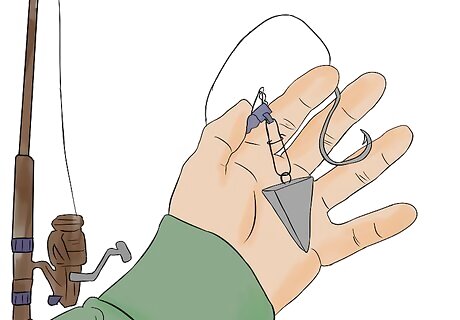
Use a spinning rod, fish finder rig, 2/0 circle hooks, and 12-lb (5.5 kg) monofilament line. Add a pyramid weight sufficient to keep your bait from returning to shore with the waves. You may need a bigger rod when the surf is heavy.
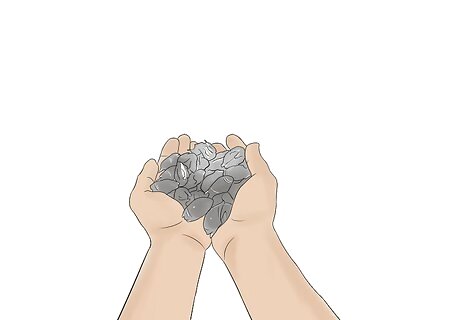
Catch sand fleas to use as bait. Sand fleas are the pompano's favorite food and are readily available in areas where pompano are. Look for v-shaped eddies when the waves roll off the beach. These are where sand fleas have washed ashore and are digging into the sand. Collect the sand fleas in a dry bucket. If you can't find any sand fleas, it's likely that you won't catch any pompano. Move to a location where sand fleas are plentiful. Pompano will eat other crustaceans, like shrimp, and even on occasion small bait fish.
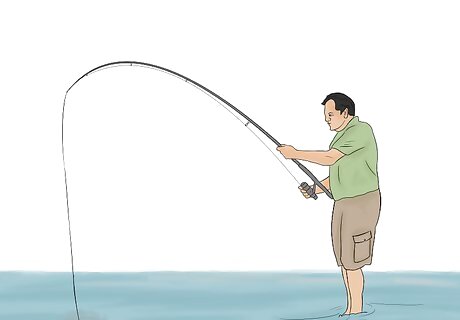
Cast right into the break of the surf and on the back sides of sand bars.
Fish From a Boat Near a Bridge
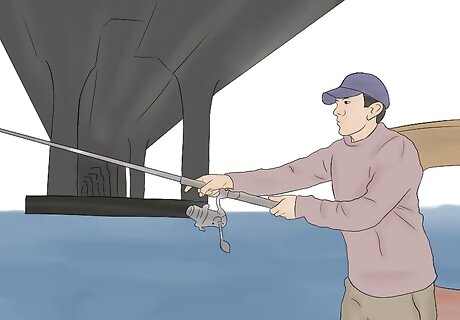
Locate a pompano school on the down current side of a bridge. They wait for small crustaceans to be pulled off the bridge pilings by the current. The pompano will linger in one place as long as there is food coming their way, making them easy to catch by anglers who prefer to fish from a boat.
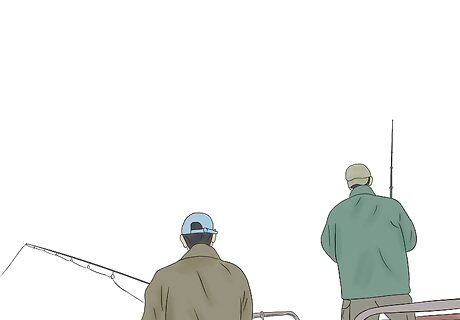
Use 20-lb test line in case you hook a larger fish. Attach an egg sinker, about 12 inches of leader, and a size 6 hook.
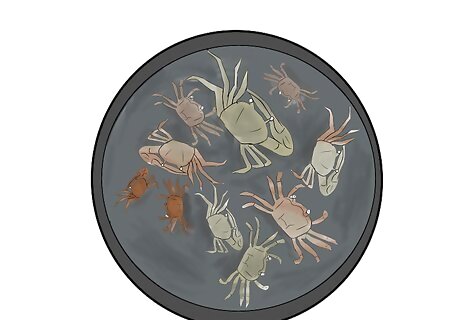
Collect small fiddler crabs to use as bait. Break off the big claw before baiting your hook. Place some rags in a bucket and just cover the crabs with seawater. Fiddler crabs will live several days in a shady place.
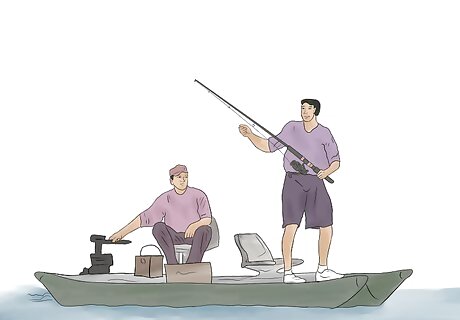
Anchor your boat or tie it to and up current piling. Drop your line near the down current pilings. Pompano will be on one side of the bridge when the tide comes in and the other side when the tide goes out, so you will have to move your boat if the tide changes.
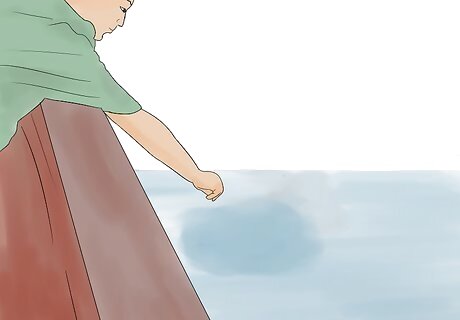
Chum every 15 minutes or so. Chumming is the practice of dumping cut bait or fish parts into the water to attract fish. When fishing near a bridge, scrape barnacles and mussels from the pilings with a long-handled garden scraper and allow the current to carry them toward the pompano.
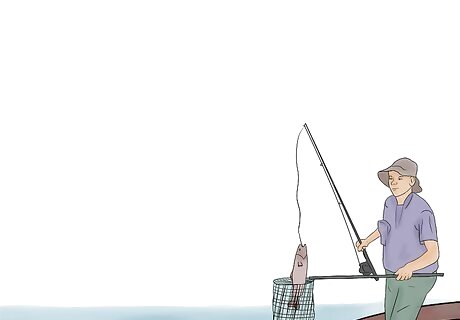
Allow your bait to sink to the bottom, pull it up slightly, and let it hit bottom again. The bait will disturb the sand on the bottom, which attracts the fish. You may have to change the weight of your sinker to accomplish this. Let your line play out as the current drags your line toward the down current pilings.














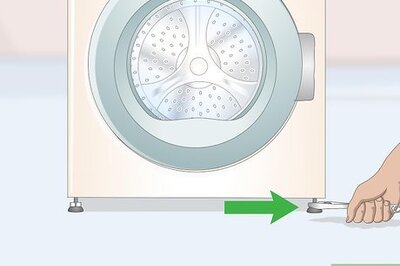



Comments
0 comment